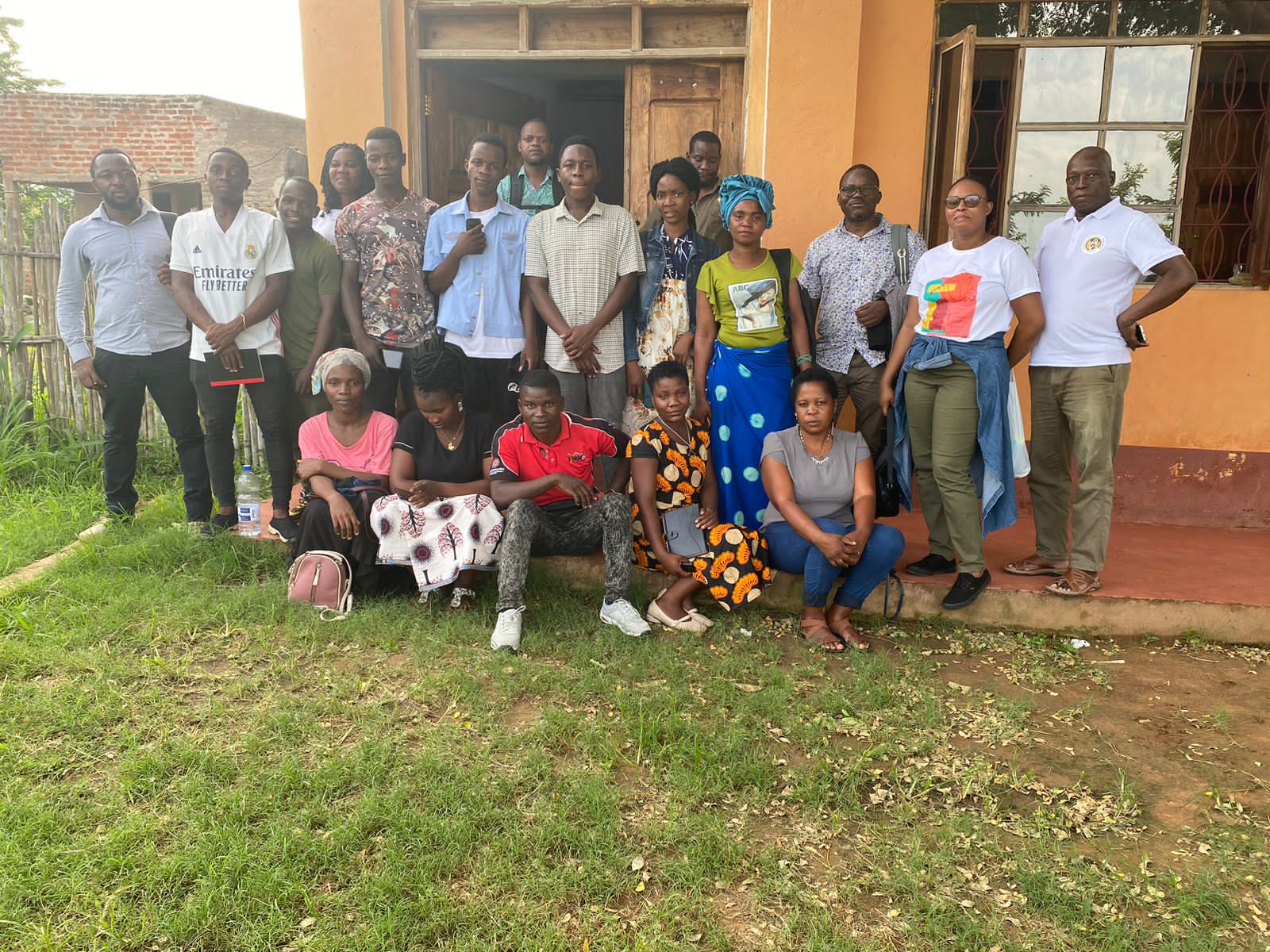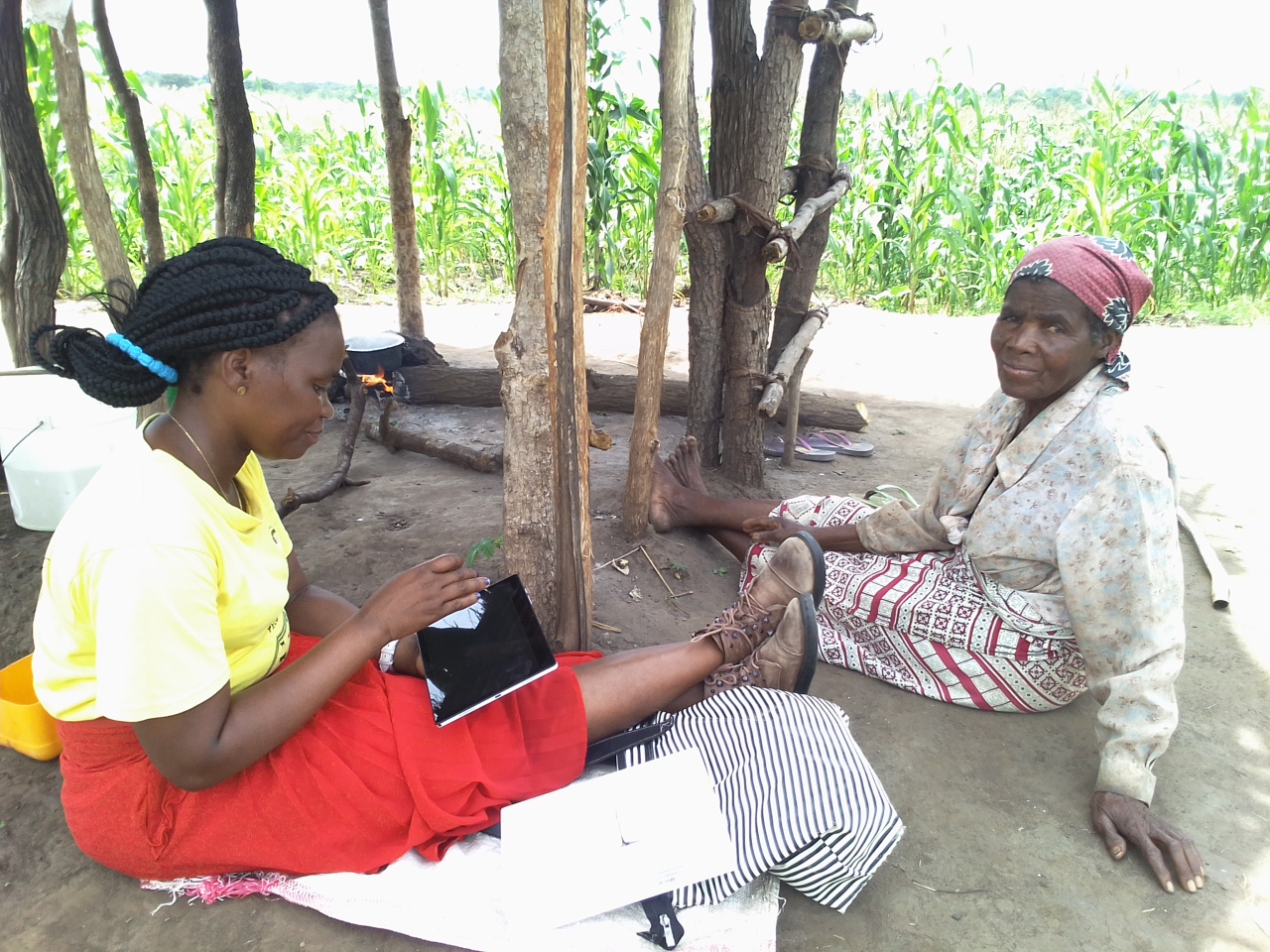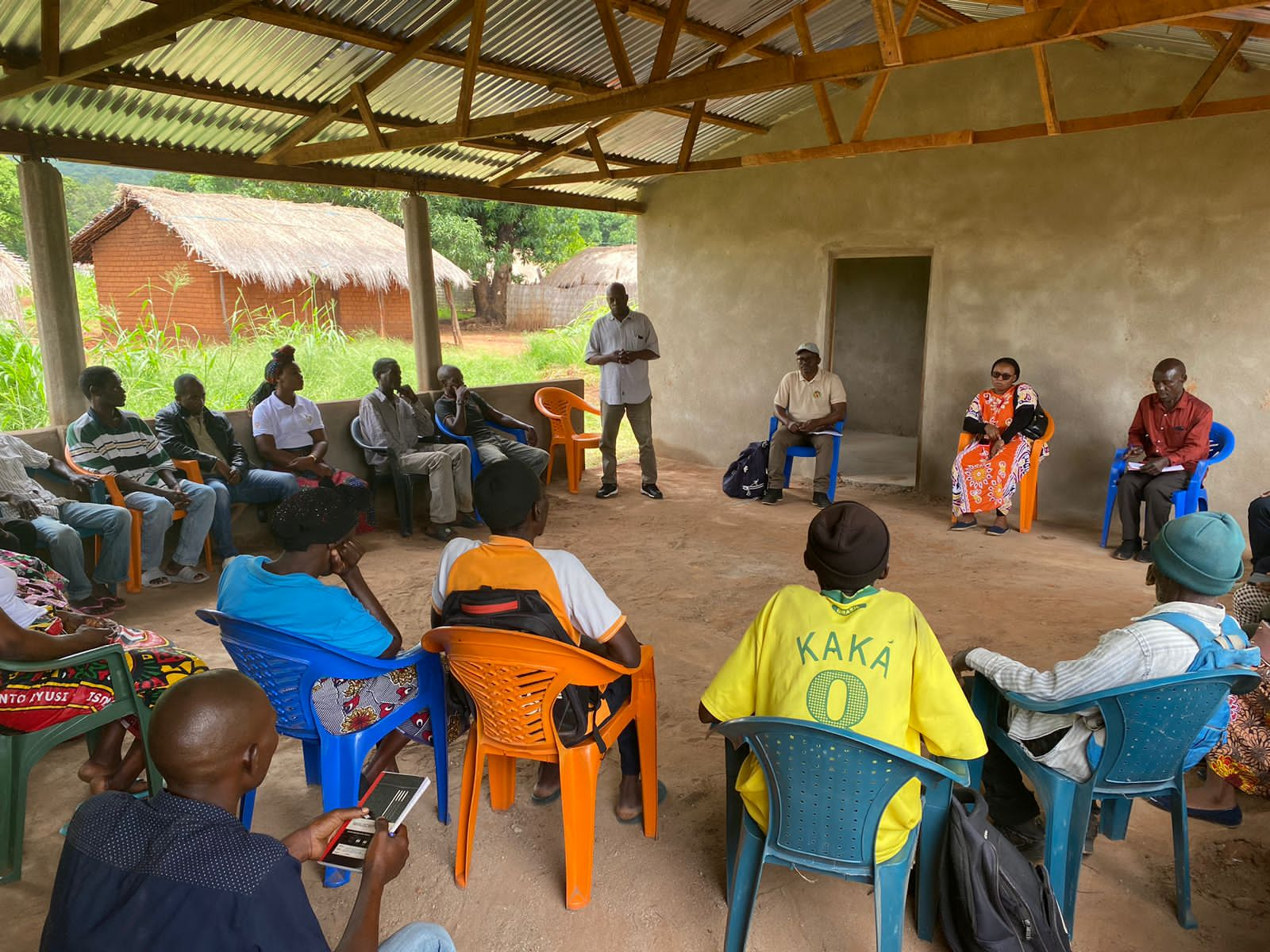It is crucial to understand community needs and the impact of conservation actions both before and during implementation. To this end, a socio-economic survey was recently carried out in the Marrupa-Mecula corridor area of Niassa Special Reserve (NSR). The work used Basic Needs Surveys (BNS) and Natural Resource Governance Tools (NRGT), to assess and monitor how conservation actions are affecting living conditions and livelihoods.

These tools were recently introduced by WCS to facilitate easy data collection, enhance community capacity in natural resource management, focus conservation planning and ensure optimal provision of goods and services through conservation initiatives

Conducted in nine communities along the Mecula-Marrupa Corridor (Mecula-sede, Lichengue, Nampequesso, Ntimbo 1, Alassima, Lisongole, Cuchiranga, Mucoria and Guebuza), the initiative began by training six surveyors. Comprising three women and three men, the surveyors were trained over four days in survey methods and tools as well as ethical issues in social research.
The training on BNS and NRGT platforms included reading, analysis and translation of the questions into Yao and Macua local languages, as well as handling of the smartphones and tablets used for data collection. Practical exercises were carried out in pairs to consolidate knowledge acquired.

This activity was funded by the European Union and UNDP, who have been working in partnership with WCS to support the well-being of communities in Niassa Special Reserve.